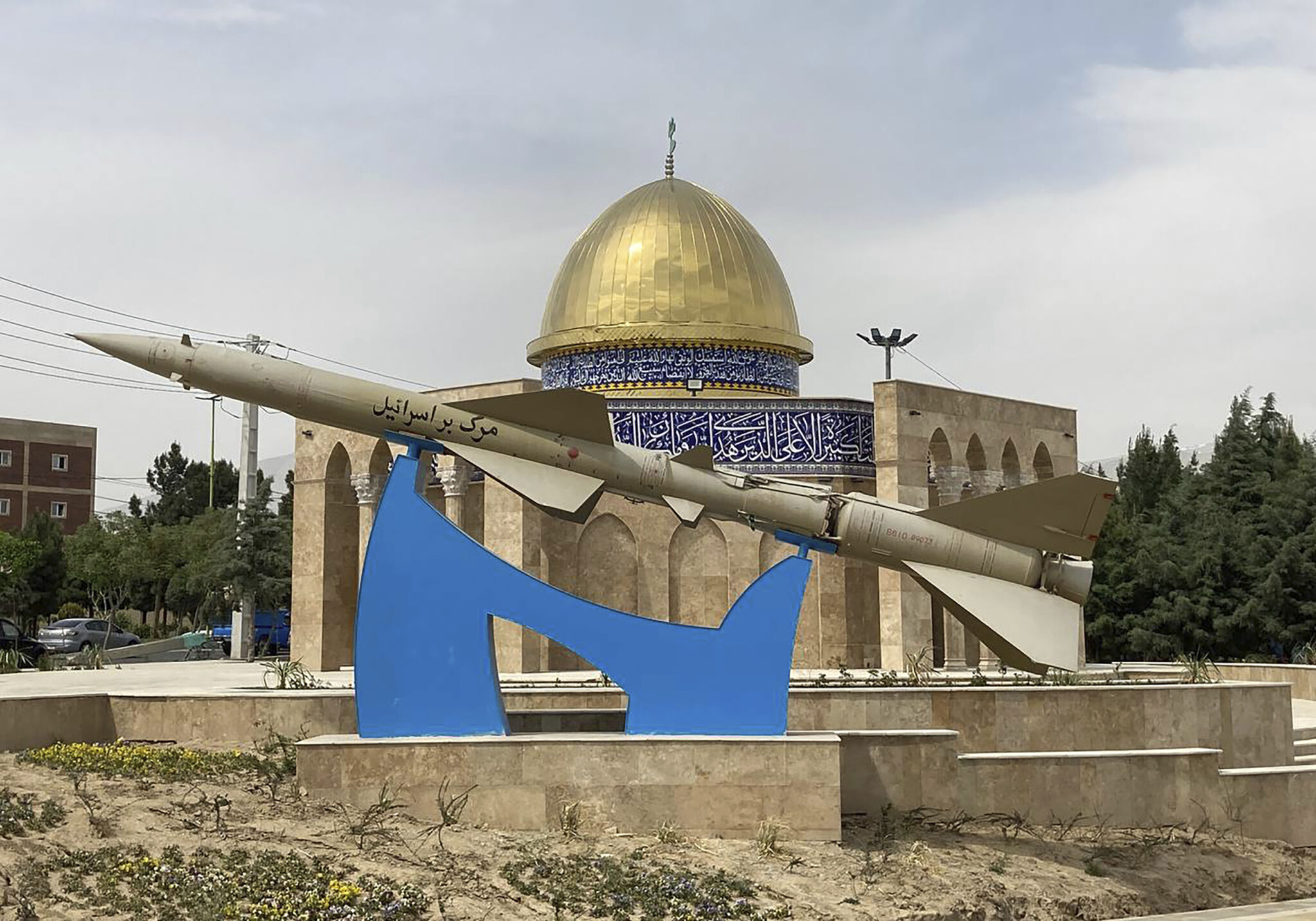In an episode of Hub Hits on the escalating war between Iran and Israel, Janice Gross Stein, founding director of the Munk School of Global Affairs & Public Policy, dissected the strategic calculations, economic pressures, and diplomatic deadlocks driving the conflict between Israel and Iran. Her remarks shed light on the motivations of key players and the potential pathways to de-escalation.
Here are five key takeaways from the discussion:
- Iran’s targeting strategy signals internal power struggles: With Supreme Leader Ayatollah Khamenei functioning as a figurehead in Iran, Stein identified the precarious state of Iran’s energy infrastructure and how the Islamic Revolutionary Guard Corps (IRGC) stands to lose in the broader conflict.
- Israel’s tactical wins mask strategic vulnerabilities: However, Stein argued that while Israel has made achievements like destroying a third of Iran’s missile launchers, Israel will continue to experience retaliation as long as Iran still has ammunition.
- Nuclear enrichment remains the negotiation roadblock: For Iran to potentially get to the negotiating table, Stein argued that the main issue is uranium enrichment.
- U.S. involvement hinges on perceived momentum: How the U.S. decides to support Israel going forward, Stein suggested, is dependent on who Trump believes is winning the war.
- Two existential wildcards could reshape the region: In Iran, Stein said it is possible for two kinds of major developments to occur; the rapid development of a nuclear bomb, and a regime collapse that would see other regional powers vying for influence.
Iran’s targeting strategy signals internal power struggles
Stein dissected Iran’s expanded target list as a strategic message aimed primarily at domestic power players rather than external foes. She emphasized that the IRGC has a larger stake in this conflict than meets the eye.
“The Republican Guard stands to lose the most if their assets are destroyed during this fighting,” Stein noted, highlighting Iran’s vulnerable energy sector and already-fragile electricity grid.
This approach suggests Tehran is balancing military posturing with internal coalition management.
Israel’s tactical wins mask strategic vulnerabilities
While Israel has reportedly disabled 30 percent of Iran’s missile launchers, Stein cautioned that this achievement is deceptive.
“[A significant portion of Iran’s] capacity to launch has been destroyed, but their stockpiles of missiles are still there,” she observed, noting that central Israel continues to endure significant physical and psychological damage from attacks.
Nuclear enrichment remains the negotiation roadblock
Stein pointed out that one angle of a brutal negotiating tactic within the conflict is nuclear enrichment.
“This is about how Iran goes back to the negotiating table,” she stated, identifying uranium enrichment as the immovable obstacle.
She referenced the Trump administration’s failed proposal for a regional enrichment centre beyond Iranian territory, which Tehran rejected, as evidence of the deadlock.
U.S. involvement hinges on perceived momentum
Stein identified Washington’s stance as the conflict’s deciding factor. Initially reluctant, the U.S. has increasingly signaled support for Israel as the battlefield dynamics shift.
“We know that Donald Trump loves a winner,” Stein noted, suggesting that if Iran appears to be losing, American military aid to Israel will escalate.
Additionally, she argues that Trump would not be dissuaded from continued escalation, and will not align with countries that urge Israel to stop.
Two existential wildcards could reshape the region
Looking beyond immediate hostilities, Stein outlined two catastrophic possibilities: a nuclear race, where Iran might accelerate bomb development, unable to test or deliver it but capable of declaring capability—a geopolitical game-changer.
Secondly, a potential Iranian regime collapse. Mounting pressure could topple Khamenei’s government, triggering a destabilizing power struggle with regional powers like Turkey and Iraq vying for influence.
Stein noted Turkey’s offer to mediate but cautioned that Ankara’s fraught relations with Israel complicate its role.
Generative AI assisted in the production of this article.








